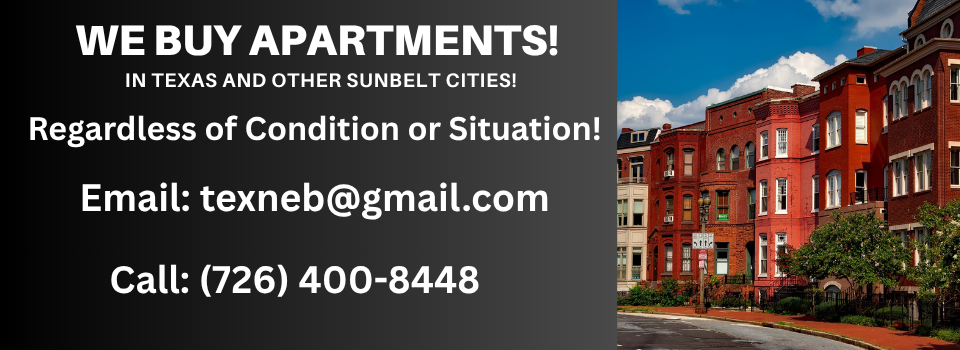As the owner of investment property, you have the choice of hiring a professional property management company or managing the property yourself.
As an investor, you can do retail property management yourself; however, your property’s success will never go beyond your own personal development. So, educate yourself on how to successfully manage a property and improve your knowledge and skills.
When managing your own property, keep the following things in mind:
1. Don’t be friends with your Tenants – Establish a friendly business relationship with them, but don’t become best of friends. It’s difficult to evict your best friend.
2. Understand that people, not your property, cause problems – People pay late, damage properties and vacate properties, so make it a point to lease to good tenants and good companies.
3. Make sure everything is in writing – A good lease agreement is worth its weight in gold. If you’re to do something for the tenant, write it down and vice versa, if the tenant is supposed to do something, write it down and give them notices.
4. Have an in-depth understanding of your market – Knowing what your competitors are doing is a must in retail property management to make sure that your rents and your property overall meet the standards in the market or exceed the standards.
5. Don’t put anything in your name – Protect yourself and your personal assets from lawsuits by having your properties and businesses legally detached from you personally. You should form an LLC or another type of legal entity to hold your property, based on conversations with your attorney and tax advisor. Do not commingle your personal funds and the property funds.
Also, by having the property in an LLC, it allows you to tell your tenants that you’re only the property manager or managing partner and that decisions are made based on what is best for the ownership.
6. People handling skills are a must if you’re going to do retail property management youself – You not only have to manage your tenants, but you also need to handle vendors, contractors, employees, city or county government people, etc. You need to have tact and patience to succeed.
7. Understand your lease(s) inside and out – When you buy a property you’re really buying the lease(s) and getting the buildings for free. In other words, if your lease(s) is weak, then your investment is weak.
8. Always write a business plan for the property – Setting goals and understanding what needs to be done to keep the property on track is a must. A good and well thought out business plan helps you when making everyday decisions on the property. A business plan should include a property summary, a market analysis, a sales and marketing plan, a management summary and a financial plan.
9. Understand your own strengths and weaknesses – Take on those tasks that you do well and that give you joy, and hire out those functions that you don’t do well or don’t like to do.
10. Do things right the first time – Hire good help, and focus on quality, thoroughness and attention to detail.
11. In order to manage a property yourself, you need to have a basic business system that includes an accounting system, a sales and marketing system, an operations system and a maintenance system.
If you’re considering hiring a professional, there are several things you’ll want to evaluate including qualifications, duties they’ll be expected to perform, and management fees.
Here’s some additional information from the REI Club about whether you should or shouldn’t manage your own property.
Here are some reasons why you may make the decision to hire a property management company instead of doing it yourself:
1. The property is too far away – If the property is too far away it can be difficult to oversee maintenance and repairs, handle evictions, take care of emergencies and pick up rent checks.
2. The property is too big – A large property has a large amount of decisions to be made on a daily basis.
3. You want to have a life of your own – Managing property profitably takes time. Is this the best utilization of your time? Do you spend enough time on the other parts of your life? Your management company can do your business plan, then you only have to review and approve it.
4. You simply aren’t good at managing your property – Due to your lack of skills, you may be leaving money on the table each month.
5. You don’t have any systems in place to properly manage your property – Without an accounting system, a sales and marketing system, an operations system and a maintenance system, managing properties can be a nightmare.
As I have said before, if you have any questions or I may be of assistance with your real estate questions please contact me. My way of giving back is to give away my knowledge. Thank you for reviewing this blog.
